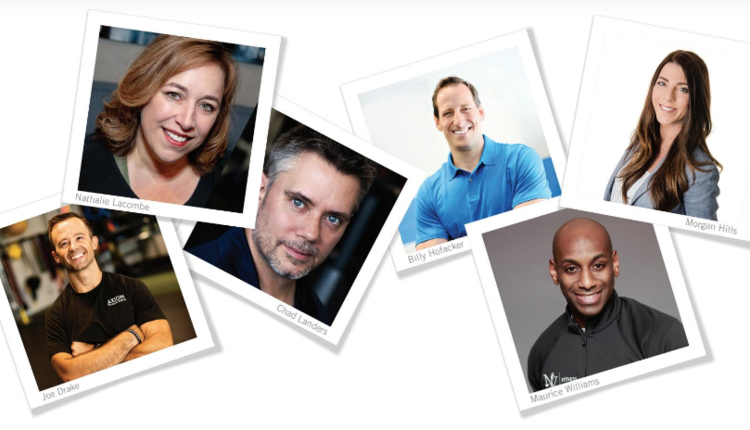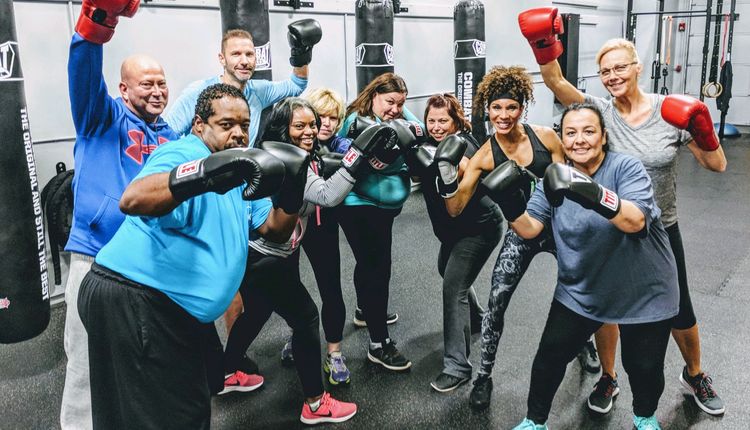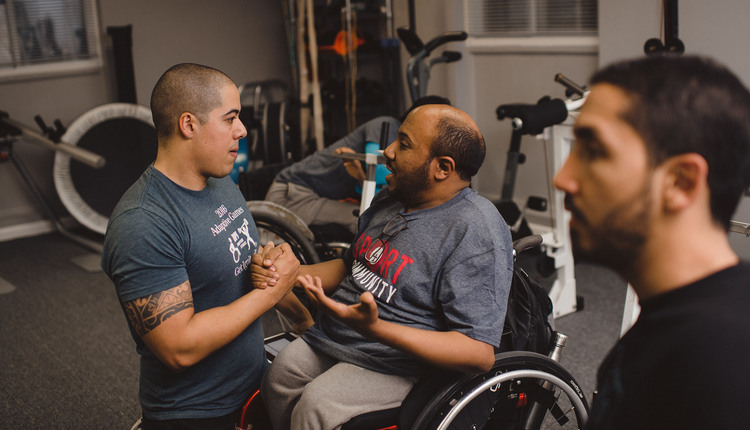
When it comes to scope of practice in our industry, there is a line that in theory is clear and defined, but in everyday practice often becomes blurred. For those of us who have certifications from accredited agencies and/or degrees in specific areas of study, our clients can feel assured that we have the skills and knowledge-base that will benefit them in some way. The expectation is that we are able to give them what they need to help them achieve their goals.
We assess and start our clients with a fitness program to meet their goals. However, as we know in practice, not every client's needs are cut-and-dry. Most individuals don't just need a fitness regimen but they also need nutritional guidance or they may have a past injury to consider or chronic condition that impacts their training. In some cases, there may be emotional or psychological components at play that require a deeper look by a professional outside the fitness realm. This is where the line begins to blur -- what is within your realm of practice as a fitness professional and what situations does your client need to an outside resource?
You have an ethical and professional responsibility to your clients to help them where you are qualified, admit where you are not, and of greater value to your clients, take the opportunity to serve as a connector to other qualified professionals. You can become even more valuable to your clients when you devote a small portion of your time to creating a rolodex of professional referrals you trust -- therapeutic massage therapists, sports medicine doctors or orthopedists, nutritionists, psychologists or therapists, doctors or even other fitness professionals.
Unfortunately, we live in a litigious society and we must be cautious of what we say and how we say it and be cognizant of our actions. Greater than the concern of being sued, should be our genuine concern for our clients. Caution needs to be taken even with seemingly simple situations like suggesting Advil to relieve post-workout soreness. Your clients will be eternally grateful for you if you can serve as a connector, rather than risk your career by crossing the lines of your scope of practice.
It's ok to not have all the answers; it's a sign of strength to know and recognize the limits of your knowledge and the boundaries of your practice. This topic has limitless discussion points but the takeaway message here is to look at yourself as a connector for your clients to offer them all the sources they need to achieve their goals rather than setting an expectation that you are able to answer each and every one of your client's needs and you will add exponential value to your career.















